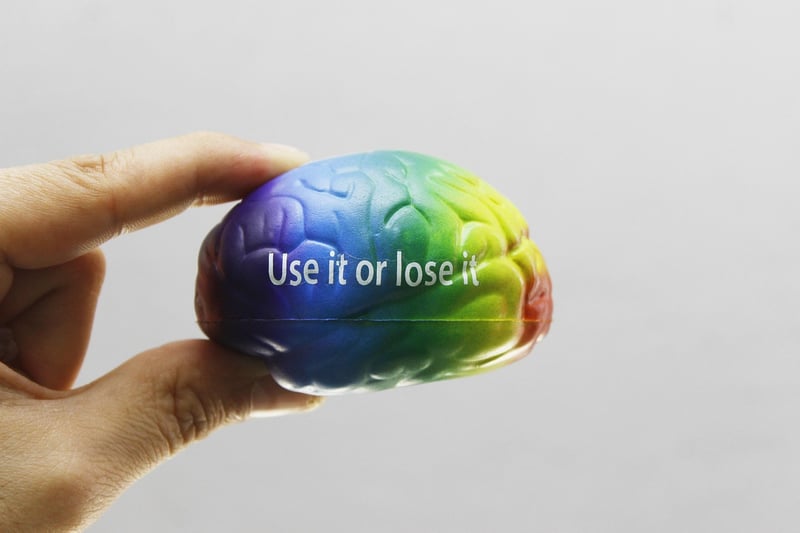AI Ethics
Develop Essential Competencies in AI Ethics

Artificial Intelligence (AI) is rapidly transforming industries and shaping our everyday lives. As AI technologies become more prevalent, it is crucial for professionals to develop essential competencies in AI ethics to ensure responsible and ethical use of these powerful tools.
Why AI Ethics Matter
AI systems are capable of making decisions and taking actions that can have significant impacts on individuals, communities, and society as a whole. Without proper ethical considerations, AI technologies can perpetuate bias, discrimination, and privacy violations.
Key Competencies in AI Ethics
- Transparency: Understanding how AI algorithms make decisions and being able to explain these processes in a clear and understandable manner.
- Fairness: Ensuring that AI systems do not discriminate against individuals based on factors such as race, gender, or socioeconomic status.
- Privacy: Safeguarding individuals' personal data and ensuring that AI applications respect privacy rights.
- Accountability: Holding individuals and organizations responsible for the outcomes of AI systems and their decisions.
- Compliance: Adhering to legal and regulatory frameworks governing the use of AI technologies.
How to Develop Competencies in AI Ethics
- Education and Training: Take courses or attend workshops on AI ethics to gain a deeper understanding of the ethical implications of AI technologies.
- Engage in Discussions: Participate in discussions and debates on AI ethics to broaden your perspective and learn from others in the field.
- Stay Informed: Keep up-to-date with the latest developments in AI ethics through reading articles, white papers, and attending conferences.
- Practice Ethical Decision-Making: Apply ethical principles to real-world AI projects and scenarios to develop your ethical reasoning skills.
Conclusion
Developing essential competencies in AI ethics is crucial for ensuring the responsible and ethical use of AI technologies. By being transparent, fair, and accountable in our AI practices, we can harness the power of AI for the benefit of society while minimizing potential risks and harms.
Remember, AI ethics is an ongoing journey of learning and adaptation in the ever-evolving landscape of artificial intelligence.
